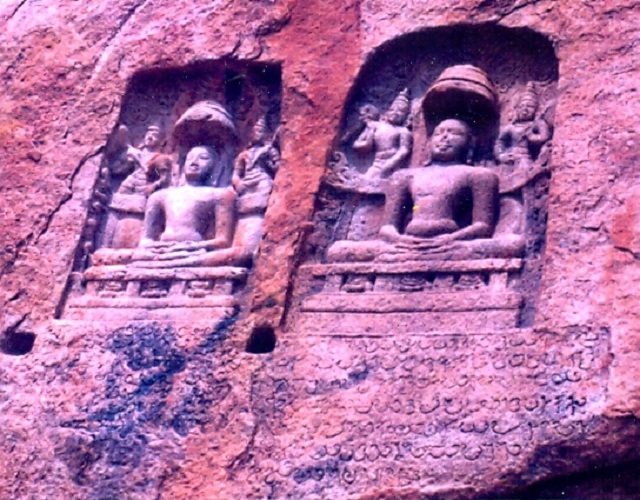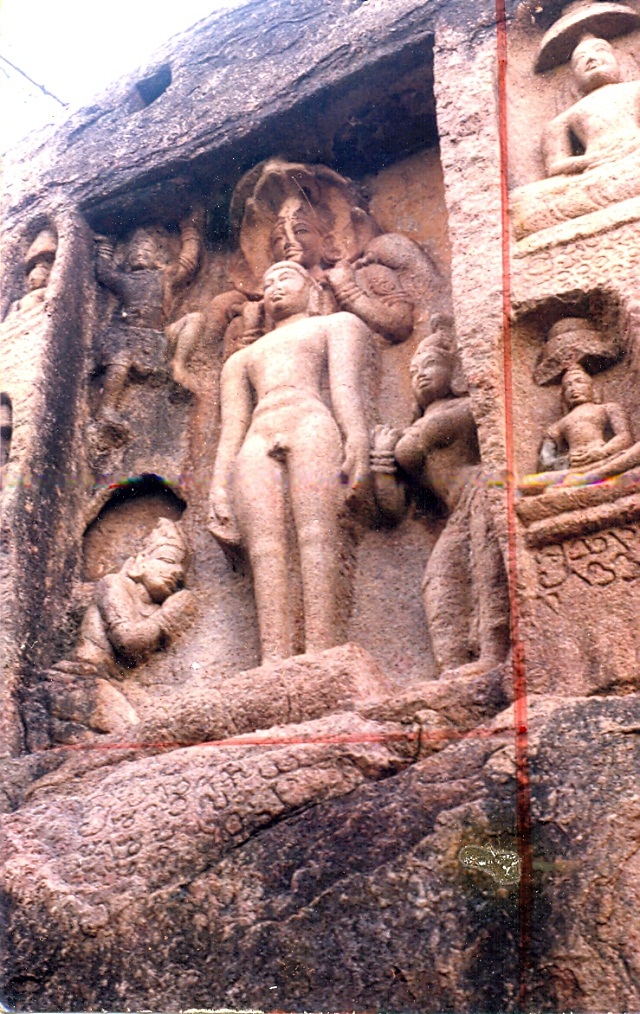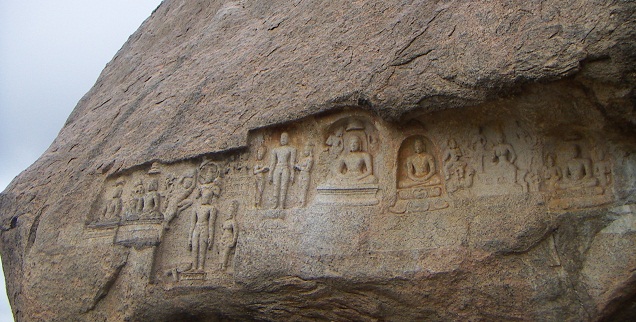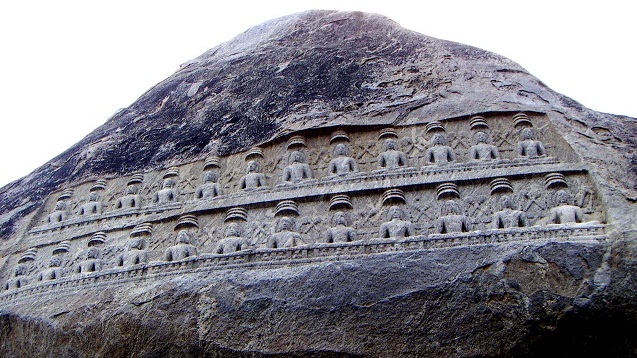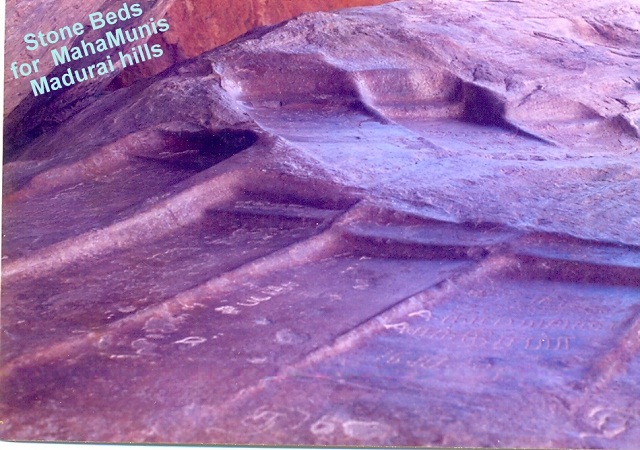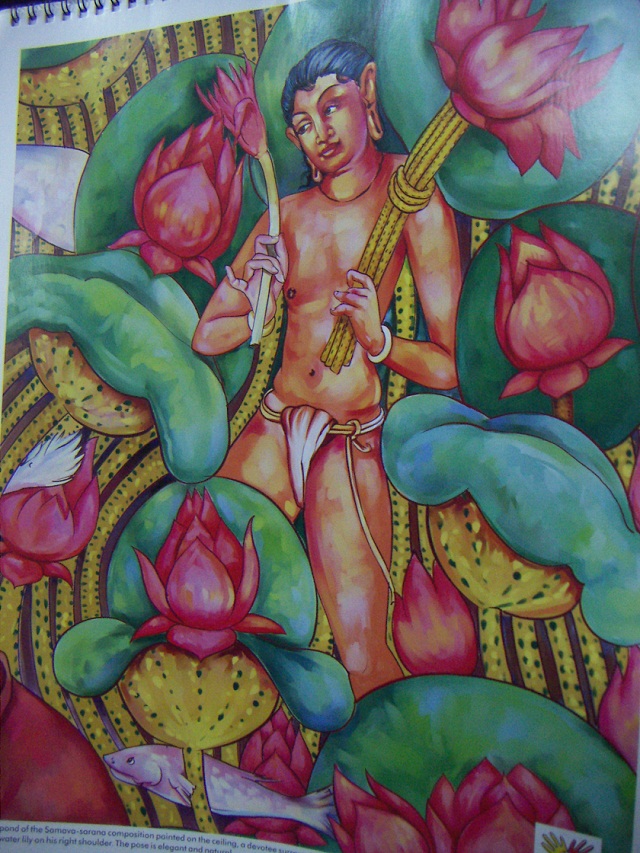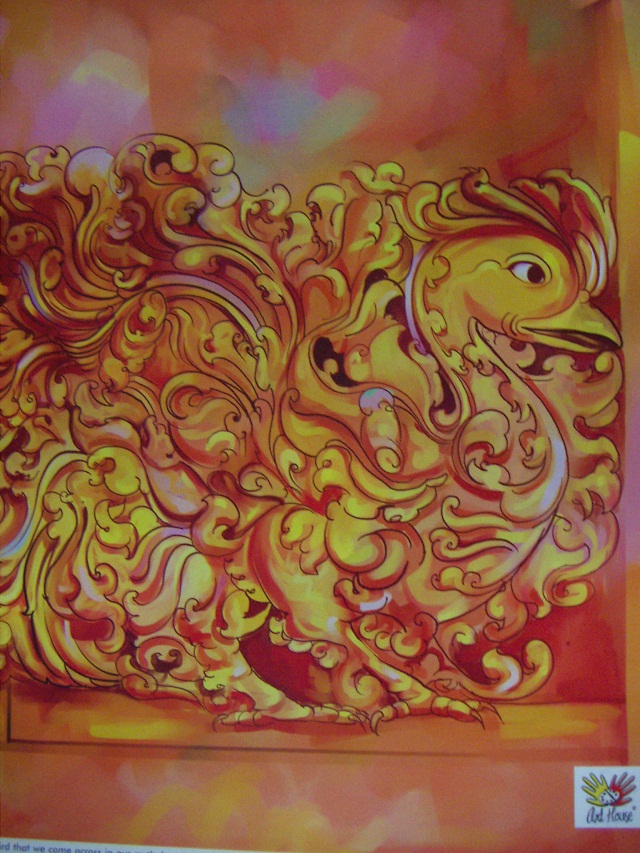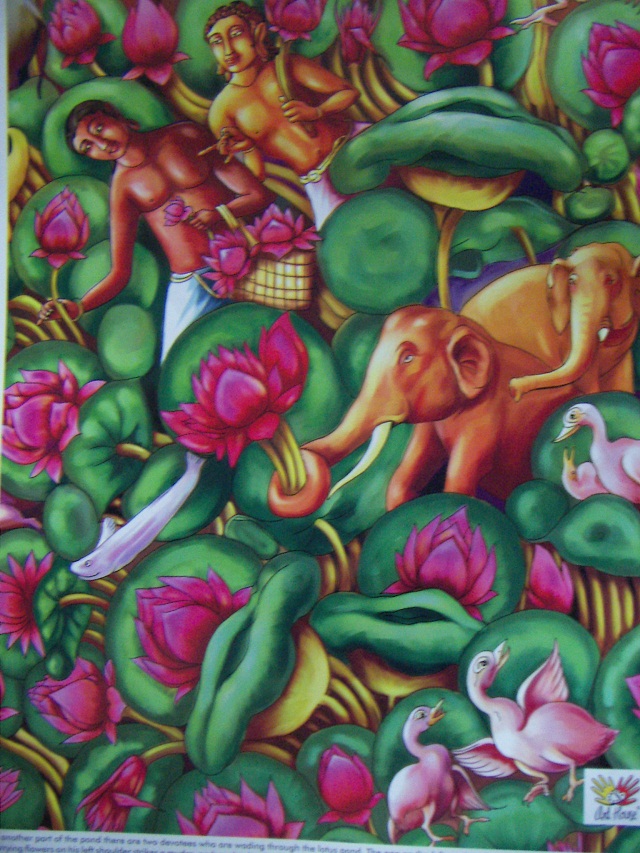A vast treasure trove of ancient Jain monuments, sculptures and artwork in and around Madurai, existence of which is unknown to most Jains is being made more accessible by the Tamil Nadu Jain community. The local community in Tamil Nadu got together and raised sufficient funds and have built a Heritage Centre in Madurai at cost of Rs 42 lacs.
This centre will provide not only free accommodation to the visitors to Jain sites but also have expert guidance at hand and a library with some of the rare Jain publications.
Mr A Chinnadurai, President of the Madurai Jain Heritage Centre commented that ‘Majority of people are unaware of the Jain treasures in form of caves, stone beds, sculptures, inscriptions and monuments built during 6th, 7th & 8th century AD atop the hills around Madurai. Apart from a few scholars no one is aware of the history or historical significance of these sites. These sites are facing threats of destruction from local quarrying businesses. The Heritage Centre has been created to assist with and ease the access to these sites and thus widen the awareness of their importance to the community at large.’ This he believes is the most effective way to preserve the sites for our future generations.
There are 26 caves, 200 stone beds, 60 inscriptions and over 100 sculptures in and around Madurai. It was in Madurai that Acharya Bhutapali wrote the Shatkhandagama. This is also the site where Jain ascetics of yesteryear wrote great epics and books on grammar in Tamil.
Professor Kanaka Ajithadoss , a member of the Heritage Centre committee and a leading Jain scholar in South India has appealed to both Jains and the wider community interested in preserving these unique legacy to visit the sites and help in creating wider awareness of their existence. This he believes will be the best way to safeguard them from destruction.
The Sittanavasal cave temple is regarded as one of the finest examples of Jain art. It is the oldest and most famous Jain center in the region. It possesses both an early Jain cave shelter, and a medieval rock-cut temple with excellent fresco paintings of par execellence comparable to Ajantha paintings; the steep hill contains an isolated but spacious cavern. Locally, this cavern is known as Eladipattam, a name that is derived from the seven holes cut into the rock that serve as steps leading to the shelter. Within the cave there are seventeen stone beds aligned into rows, and each of these has a raised portion that could have served as a pillow-loft. The largest stone bed has a distinct Tamil- Bramhi inscription assignable to the 2nd centuryB.C. , and some inscriptions belonging to 8th centuryB.C. are also found on the nearby beds. The Sittannavasal cavern continued to be the “Holy Sramana Abode” until the seventh and eighth centuries. Inscriptions over the remaining stone beds name mendicants such as Tol kunrattu Kadavulan, Tirunilan, Tiruppuranan, Tittaicharanan, Sri Purrnacandran, Thiruchatthan, Ilangowthaman, sri Ulagathithan and Nityakaran Pattakali as monks.
The 8th century Kazhugumalai temple marks the revival of Jainism in South India.
The attached cutting from Time of India (Click here) of February 18th 2013 shows the locations of some of the sites.
Photo Gallery
Above Images Display Exquisite Carvings on Rock Faces
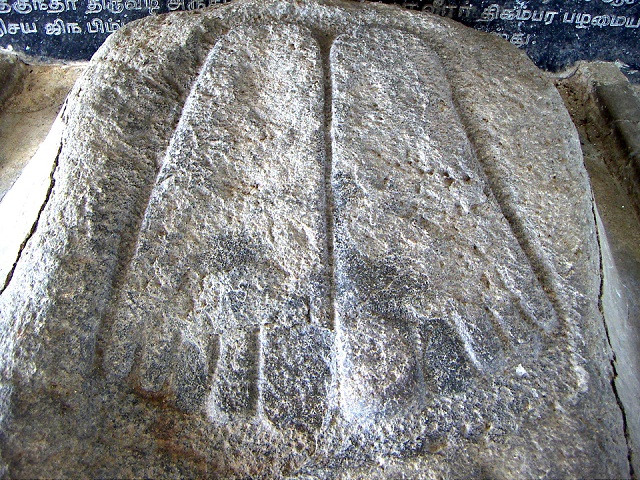
Foot Prints of Acharya Kund Kund
Beautiful Fresco Paintings in the Cave Temple at Sittanavasal


